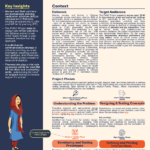
The PMAC project in Pakistan takes a phased approach to gathering insights, developing and testing solutions, and refining interventions as needed to ensure we are addressing the challenges women face in accessing post medication abortion (MA) family planning (FP). This learning brief outlines key insights from developing, testing and refining prototypes (also referred to as the Medium-Fidelity Phase) aimed at increasing women’s access to post MA FP in Islamabad Capital Territory.
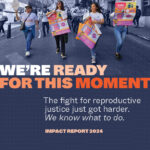

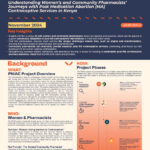
These learning briefs – a project anchor brief, a user-focused brief, and a pharmacist-focused brief – summarize lessons learned by the PMAC project during multiple phases of the project.
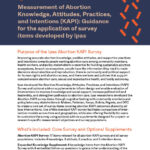
The Abortion Knowledge, Attitudes, Practices, and Intentions (KAPI) Survey with optional add-on supplements, developed by Ipas, is a comprehensive resource designed to assess and enhance community understanding, attitudes and support around abortion care.
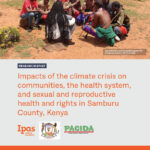
Our research shows how people and the health system in Samburu County, Kenya, are impacted in numerous ways by the climate crisis—and articulates how healthy people and communities are more resilient to the impacts of climate change.
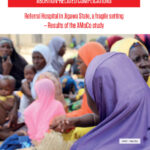
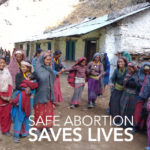
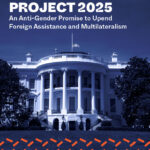
This report focuses on the damage Project 2025 would have on overseas development assistance and international cooperation.
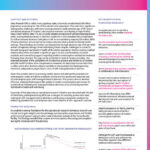
These two learning products – a project brief and a technical brief – describe the Ipas Development Foundation’s work to increase contraceptive uptake and continuation after self-managed medical abortion.
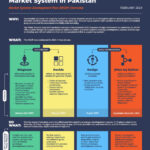
These three learning products — a market systems development plan (MSDP) overview, a workshop event summary, and a low fidelity process infographic — document our project’s efforts to understand, describe, and enhance the post-medication abortion contraceptive market in Pakistan
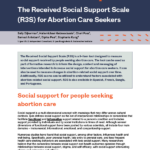
The Received Social Support Scale (R3S) is a 9-item tool designed to measure social support received by people seeking abortion care.
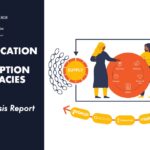
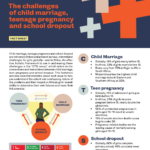
Child marriage, teenage pregnancy and school dropout are intricately linked and present serious, interrelated challenges for girls globally—and in Africa. An effective, holistic framework to use in addressing these challenges is the “CTS nexus,” which refers to the connections and interactions between child marriage, teen pregnancy and school dropout.
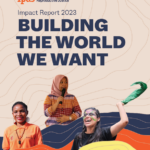
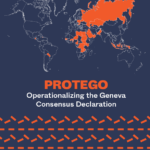
Piloted in Guatemala in 2023 and formally launched in Uganda in February 2024, Protego is a threat to existing international human rights frameworks.
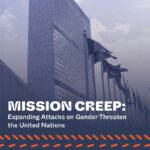
This executive summary provides an overview of findings from a forthcoming 2024 report, Mission Creep: Expanding Attacks on Gender Threaten the United Nations. It provides key findings and recommendations as to how feminist activists, government representatives, and UN officials can prepare an intersectional human rights response that is cross-cutting, bold, and prepared to defend the universality of human rights.
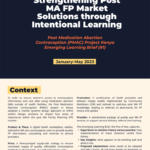
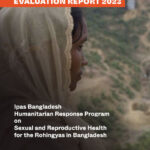
This evaluation report details the 2022 performance evaluation of the “Humanitarian Response Program” implemented in the Rohingya refugee camps in Cox’s Bazar, Bangladesh by Ipas. The evaluation assessed facility readiness and capacity of the service providers to provide comprehensive menstrual regulation (MR), post abortion care (PAC), contraceptive services and trauma/survival centered care. This evaluation also documents relevant challenges and barriers faced during program implementation and provides recommendations for the program’s sustainability and future
scale-up.
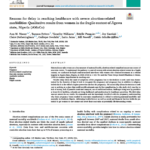
This article describes the pathways to care for women with severe abortion-related near miss events in a fragile context.


